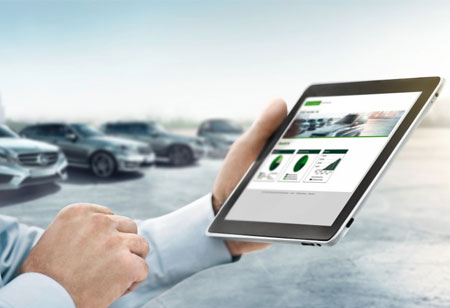THANK YOU FOR SUBSCRIBING
Optimizing Contract Business with Fleet Data
Fleet management enables enterprises to record all company vehicles in a centralized system and allows team members to update and analyze the necessary details so that they can retain smooth functioning of the process.

By
Apac CIOOutlook | Thursday, January 01, 1970
Stay ahead of the industry with exclusive feature stories on the top companies, expert insights and the latest news delivered straight to your inbox. Subscribe today.
Executives across the world strive to maintain operational efficiency and cut down their cost in order to support customers in a multi-supplier environment. It requires optimum utilization of resources including coordinating different suppliers to produce a significant amount of workload. Data plays a pivot role when it comes to tracking fleet’s profitability and productivity. Fleet management enables enterprises to record all company vehicles in a centralized system and allows team members to update and analyze the necessary details so that they can retain smooth functioning of the process. This ensures that the vehicles are well maintained and employees are using them properly.
Replacing paper with real-time and effective data processing and analyzing improves the functionality of the entire business process. Contractors are relying on the data captured form GPS-based fleet management systems to help them in streamlining reporting, better productivity and grow their business simultaneously. The software used by them includes telematics data as well as integrated purchasing and inventory services. Fleet management solutions can evaluate the data that are necessary for an enterprise ensuring operations run smoothly and provide information regarding the vehicles and drivers in real-time including tracking key metrics such as driver behavior, vehicle maintenance records and timelines, fuel spend, and so on.
Moving forward, effective fleet management including data generated at the source helps decision makers and executives in enterprises to make more informed decisions in the future. Also, using cutting-edge technologies such as in-vehicle telematics creates valuable safety fleet safety program specially designed to protect employees, drivers, and ultimately the organization itself.





